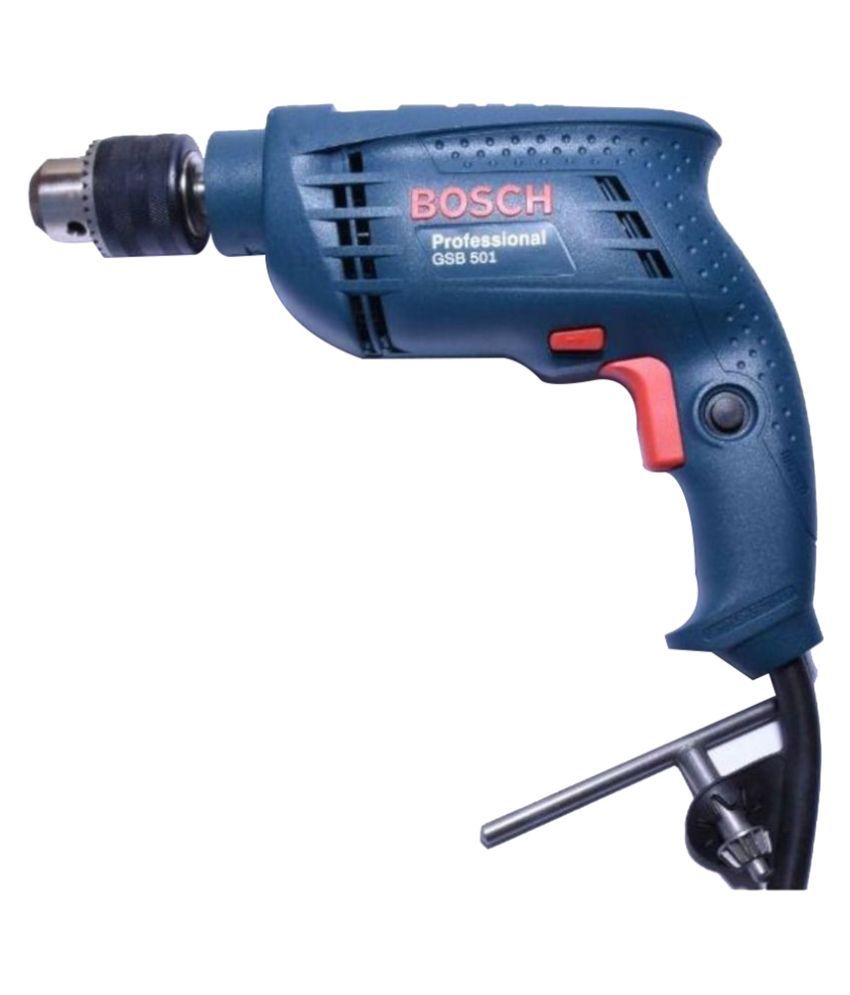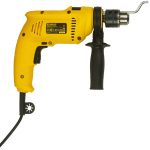When it comes to drilling into concrete, using the right tools is crucial for achieving accurate and efficient results. In this blog post, we will explore the key factors to consider in determining whether your drill is suitable for concrete. By understanding these factors, you can ensure that your drilling projects are successful and avoid potential damage to your drill or the concrete surface.
- Power and Torque:
One of the first things to consider is the power and torque of your drill. Concrete is a tough and dense material, requiring a drill with sufficient power to penetrate it effectively. Look for drills with high wattage ratings and torque capabilities specifically designed for heavy-duty applications. These drills typically have stronger motors and gearing systems, allowing them to handle the demands of concrete drilling. - Drill Speed and RPM:
The speed at which your drill operates is another important factor. Concrete drills should have variable speed settings to accommodate different drilling requirements. Lower speeds are ideal for initial penetration, while higher speeds are suitable for faster drilling once the hole is established. Additionally, drills with adjustable RPM (rotations per minute) settings provide greater control and precision, especially when working with different concrete densities. - Hammer Action:
Concrete drills often feature a hammer action function, which delivers rapid, short hammering blows to the drill bit. This mechanism helps break up the concrete as the drill rotates, making the drilling process more efficient. Look for drills with a dedicated hammer mode or a hammer drill function, as these are specifically designed for concrete drilling. The hammer action can be adjusted or turned off when drilling into other materials. - Drill Bit Compatibility:
The type of drill bit you use is crucial for concrete drilling. Standard drill bits are not suitable for concrete and can quickly become dull or break. Instead, opt for masonry or carbide-tipped drill bits, as they are specifically designed for drilling into hard materials like concrete. These bits have a unique cutting edge geometry and are made from durable materials that can withstand the demands of concrete drilling. - Additional Features:
Consider any additional features that may enhance your concrete drilling experience. Some drills offer built-in dust collection systems, reducing the amount of airborne dust generated during drilling. Others may have depth stop settings, allowing you to control the depth of your holes accurately. These features can improve both the efficiency and safety of your drilling projects.
Conclusion:
Knowing whether your drill is suitable for concrete is essential for achieving successful drilling outcomes. By considering factors such as power, speed, hammer action, drill bit compatibility, and additional features, you can make an informed decision when selecting a drill for your concrete projects. Remember to prioritize safety by wearing appropriate personal protective equipment and following proper drilling techniques. With the right drill and knowledge, you can confidently tackle any concrete drilling task.



Average Rating